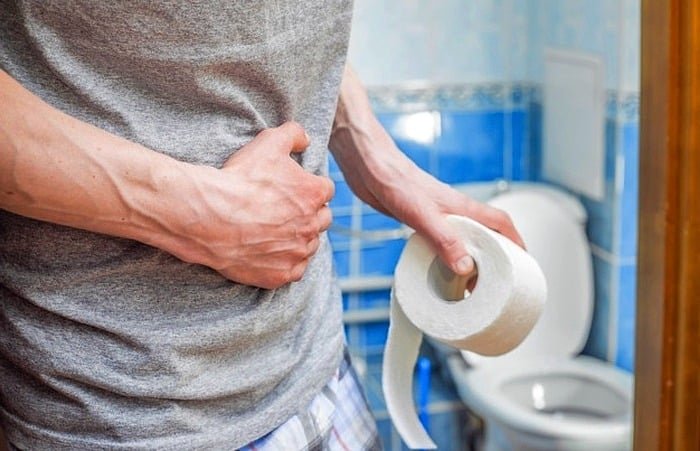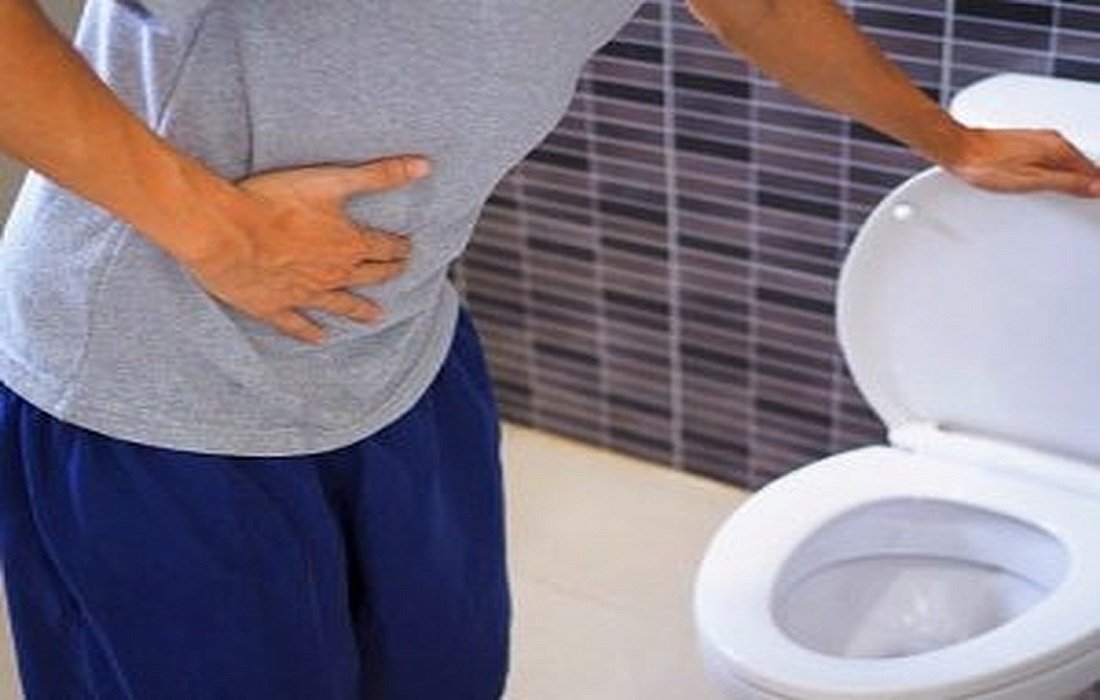Important tips to know about how often you should go to the bathroom.
Daily bathroom visitsHow many times should it be? Have you ever wondered how many times it is considered normal to have a bowel movement in a day or what changes in the consistency, color, and smell of stool might indicate?
Experts believe that any change in bowel habits can indicate the presence of a disease or disorder in the body, so if you want to learn about these changes and their reasons, join us in this health section.SelMagzJoin us.
How many times should one go to the bathroom in a day?
Bowel movements are essential for life, allowing you to empty and eliminate waste from your diet. While everyone uses the bathroom, the frequency varies greatly.
Some researchers show that three bowel movements per day to three times a week is normal and natural. Sometimes, the consistency of an individual’s stool can be an important indicator ofgut healthHowever, if a person goes too often or not enough, both can lead to serious health issues.

How many times does one go to the bathroom in a day?
How many times a day should you use the bathroom?
There is no fixed rule for how often a person should use the bathroom; as a general guideline, having a bowel movement three times a day to three times a week is normal.
Most people have a regular bowel movement pattern:
They tend to use the bathroom around the same time and the same number of times each day.
Based on a survey of over 2,000 participants, respondents reported the following bathroom patterns:
- About 50% of people go once a day.
- 28% go twice a day.
- 5.6% go 1 to 2 times a week.
- Most respondents (61.3%) reported an average of bathroom visits in the morning.
- 22% reported in the afternoon, while only 2.6% mentioned late at night.
- Nearly 31% of respondents reported that their stool consistency resembled that of asausageor a snake, having a soft and smooth texture.
What can affect daily bathroom visits?
Several factors can influence how often and the form of your stool. These can include:
Diet:
Both soluble and insoluble fibers found in whole grains, vegetables, and fruits can add bulk to your stool and promote bowel movements. If you don’t include enough of these foods in your diet, you may not use the bathroom regularly.
Additionally, fluids keep stool softer and make it easier to pass, which is why many doctors recommend increasing fluid intake and drinking at least two liters of water daily if you suffer fromconstipation.Nutrition as an influencing factor in daily bathroom visits

Fluids:
As the large intestine absorbs excess water, not drinking enough fluids can harden the stool and make it more difficult to go to the bathroom. Someone experiencing constipation should increase their fluid intake for relief.
Activity Level:
Peristalsis is the internal movement of the intestine that pushes
digested foodtowards expulsion as stool. You can aid this movement with physical activities likewalkingor engaging in other forms of exercise.Chronic or Acute Illness:
Some chronic diseases like inflammatory bowel disease (which includes Crohn’s disease and colitis) can lead to increased bowel movements after periods of constipation.
In SelMagz’s health section, we’ve mentioned that acute illnesses like viral stomach and intestinal infections, or injuries that require pain medications, can slow bowel activity and lead to changes in bathroom patterns.Hormones:Some hormones, such as
progesterone
and estrogen, can influence how often a woman uses the bathroom. For example, some women experience more frequent bathroom visits in the days leading up to and at the start of their period.
Social Factors:Some people may have difficulty going to the bathroom in public places, at work, or when others are nearby. This can lead individuals to hold their urges longer than necessary. Over time, the body may struggle to respond quickly to bathroom signals, causing feelings of constipation or discomfort.Age:
As you get older, the likelihood of experiencing constipation increases. This is due to several factors, including reduced gastric mobility which slows digestion, decreased activity levels, and the use of multiple medications that may negatively affect gut health.
The frequency of bathroom visits in a day concerning age
What does your stool consistency mean?
When it comes to normal bowel movements, the consistency of your stool can also be a factor in addition to frequency. The stool should be soft and relatively easy to pass. They usually resemble a snake or sausage since they mirror what’s inside the intestines. Overall, it should be brown due to the breakdown of red blood cells in the body.

Loose or watery stool can indicate you have digestive irritation, and your stool moves too quickly through the intestines. This may become a problem not only because you are using the bathroom more frequently but also because your body isn’t absorbing many nutrients from your stool.
Conversely, stools that are hard to pass can be difficult. They may lead to bowel problems, which can result in
hemorrhoidsand cause stool to remain in the intestines.When should you see a doctor about the number of bowel movements?
Whether due to illness or changes in activity and diet, everyone sometimes experiences changes in their bowel movements. However, changes lasting more than a week may warrant concern. There are some symptoms indicating you should seek urgent medical attention.
These include:The presence ofblood in the stool
which may appear red or black and resemble coffee grounds.
Bloody stool, resembling coffee grounds, or any significant changes in stool
Not having a bowel movement for more than three days
- Severe, sharp abdominal painIf you regularly experience constipation orsevere diarrhea
- you should see your doctor. Your doctor will likely take a medical history and evaluate medications that could help with your constipation or diarrhea. They can also recommend lifestyle and dietary changes that could improve your bowel regularity.
- How many times is it normal to go to the bathroom in a day?
- What is the normal frequency of bathroom visits in a day?
Healthy (intestinal) habits mean that a person uses the bathroom regularly and has soft and easy passages. Regular bowel movements allow the large intestine to empty waste without pain or discomfort.What is considered an unusual bathroom frequency in a day?Watery or loose stools indicate they are moving too quickly through the intestines, usually caused by irritation, such as an infection or another source of inflammation. Chronic diarrhea (meaning increased fluid and urgency) can lead to dehydration or electrolyte imbalance.

Diarrhea can also lead to nutrient deficiencies, as the intestines can’t absorb them when moving too rapidly. Small, pellet-like stool is also considered unusual and is typically a sign of constipation or incomplete bowel emptying. Passing this type of stool can be hard or difficult and may lead to other issues like hemorrhoids and hard stool.
Is it possible to go to the bathroom too often in a day?
If an individual usually has regular bowel movements throughout the day and their stool is soft and easy to pass, then there is no cause for concern. However, if the stool is too watery or loose, there may be health risks related to fluid loss and electrolyte depletion that accompany diarrhea.
Daily bathroom visits
Daily bathroom frequency
Diet and bathroom frequency
Causes of frequent bathroom visits
Bathroom frequency in a day







